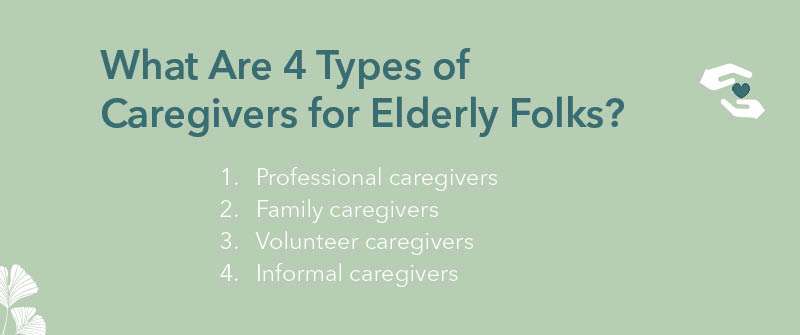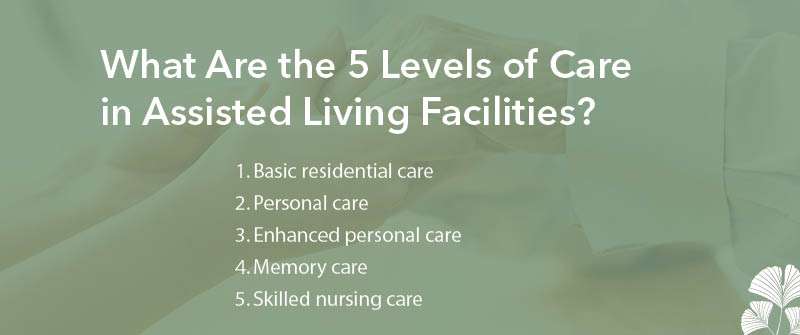Types of Caregivers for the Elderly
Types of Caregivers for the Elderly
Rosalynn Carter once said, “There are only four kinds of people in this world: those who have been a caregiver, those who are currently caregivers, those who will be caregivers, and those who will need a caregiver.”
In this guide, we explore the essential role of caregivers and the various types of support available for elderly individuals, including in-home companion care.
What Is Caregiving?
Caregiving is the act of providing physical, emotional, medical, or daily living support to individuals who can no longer care for themselves. This care can come from professionals, family, friends, or volunteers and can occur at home, in hospitals, or care facilities.
Who Is Classified as a Caregiver?
A caregiver is anyone who provides consistent support to someone with limitations in self-care. This includes trained professionals, family members, or even compassionate neighbors offering help with errands, appointments, or companionship.
4 Common Types of Caregivers for the Elderly
- Professional Caregivers: Trained and employed to deliver medical and personal care services, including nurses, CNAs, and home health aides.
- Family Caregivers: Loved ones, such as spouses or children, who take on caregiving responsibilities either full-time or in coordination with professionals.
- Volunteer Caregivers: Individuals who provide unpaid support through community programs or personal commitment.
- Informal Caregivers: Friends or neighbors who assist with daily tasks without formal training. Day sitters fall into this category.

Examples of Caregivers
- A daughter assisting her father with Parkinson’s care.
- A paid caregiver employed by a home care agency.
- A neighbor helping with groceries or meals.
- A volunteer driver for senior appointments.
- A physical therapist aiding in rehabilitation.
- A long-distance relative managing care coordination.
- A personal attendant helping with bathing and dressing.
Common Tasks for Private Duty Caregivers
Private duty caregivers often assist with bathing, grooming, meal prep, medication reminders, light housekeeping, and emotional companionship—tailored to each client's daily needs.
5 Levels of Care in Assisted Living
- Basic Residential Care: Limited support; for independent seniors.
- Personal Care: Help with grooming, dressing, and daily routines.
- Enhanced Personal Care: Support with mobility, medications, and hygiene.
- Memory Care: Specialized care for dementia or Alzheimer's patients.
- Skilled Nursing: Round-the-clock medical care for complex conditions.

Top 4 Caregiver Skills
- Empathy and compassion.
- Strong communication skills.
- Problem-solving abilities.
- Patience and reliability.
Primary vs. Secondary Caregivers
Primary caregivers are the main support providers, responsible for daily care and critical decisions. Secondary caregivers provide supplemental help. Both roles are important, especially when family members are involved. Learn more about the Average Cost of In-Home Care.

How Senior Home Companions Can Help
Senior Home Companions has provided in-home caregiving and companionship for over 30 years. Whether you need occasional support or full-time assistance, our team is here to help. Contact us today to find the right care solution for your loved one.



